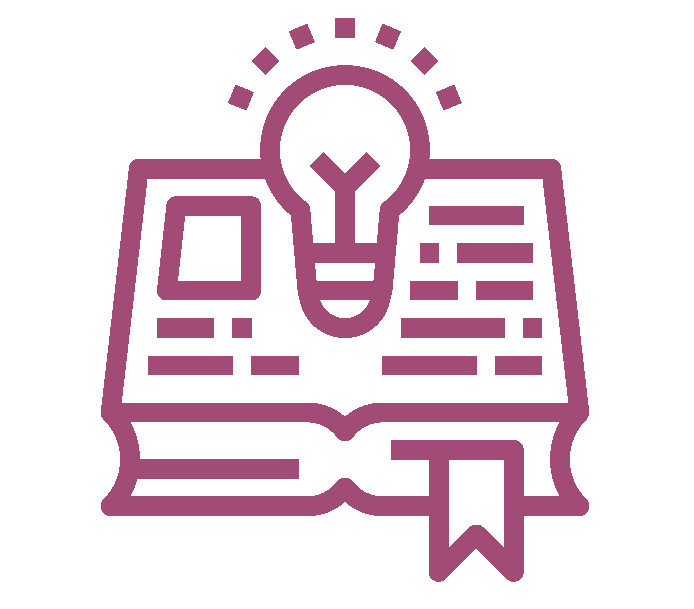The Challenge
Research has shown that skills accumulated in childhood positively affect later learning—and that disadvantages encountered early in life increase over time. Curriculums that support child development and align their competencies with the new reality of the 21st century may foster long-lasting improvements to Canadian society.
“The pace and intensity of change in the 21st century are likely to exert more influence on curriculum than all the past centuries combined. ”
Our Purpose
Our researchers are investigating how children develop skills, and the reasons why many fall behind, in order to identify effective, efficient ways to support them. At the same time, our lab is developing programs and services that more equitably ensure that all children achieve their potential.
Our Research Pillars
Pillar 1:
Examine
Data
We analyze skills development in kids, and ascertain how those skills build on each other over time.
Pillar 2:
Test Programs
We collect and test programs and practices that show promising results for child skill development.
Pillar 3:
Analyze Policies
We interpret and explain the implications of our findings to support effective policy responses.
Plan of Action
Liaise with organizations that already deliver education and care to children
Gather evidence on how children become resilient learners
Use an intersectional lens in the development of equitable programs and policies
Assemble researchers from many backgrounds and methodological toolkits
Forge research collaborations that utilize existing data sets and harness new data
Design studies that ensure rigorous examinations of a diverse range of questions
The Results
-
Curricula
Instructional best practices
Toolkits
-
Instructional best practices
Guidelines
Summaries of evidence
Training materials
-
Peer-reviewed research papers
Policy briefs
Reports







